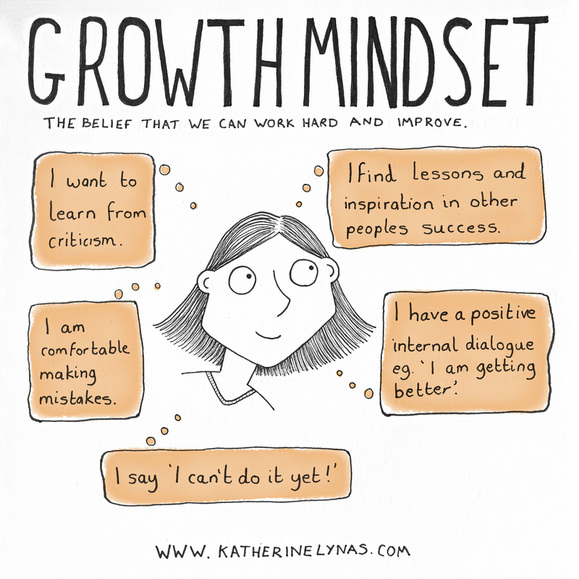
Individuals with more of a fixed mindset believe that their intellectual abilities are simply fixed. There are two theories of intelligence, referred to simply as mindsets, that students can have about their intellectual abilities, although no one has purely one or the other, she said.

This can lead students to seek desperate solutions, but mindset science can play a role in helping to spark students’ love of learning again, said Dweck, a recipient of the APS James McKeen Cattell Fellow Award, the William James Fellow Award, and the APS Mentor Award. However, when they are older, she continued, an alarming number of students report being overwhelmed by anxiety and depression to the point that it makes it difficult to function, much less achieve their academic potential. We were all once that excited about learning something new,” Dweck said during her APS-David Myers Distinguished Lecture on the Science and Craft of Teaching Psychological Science at the 2019 APS Annual Convention in Washington, D.C. “It struck me: That’s what we were all like. Dweck, a professor at Stanford University whose research has defined the field of mindset psychology, a photo of her 5-month-old nephew beaming with joy as he turned on a computer for the first time. Several summers ago, a colleague sent Carol S.


 0 kommentar(er)
0 kommentar(er)
